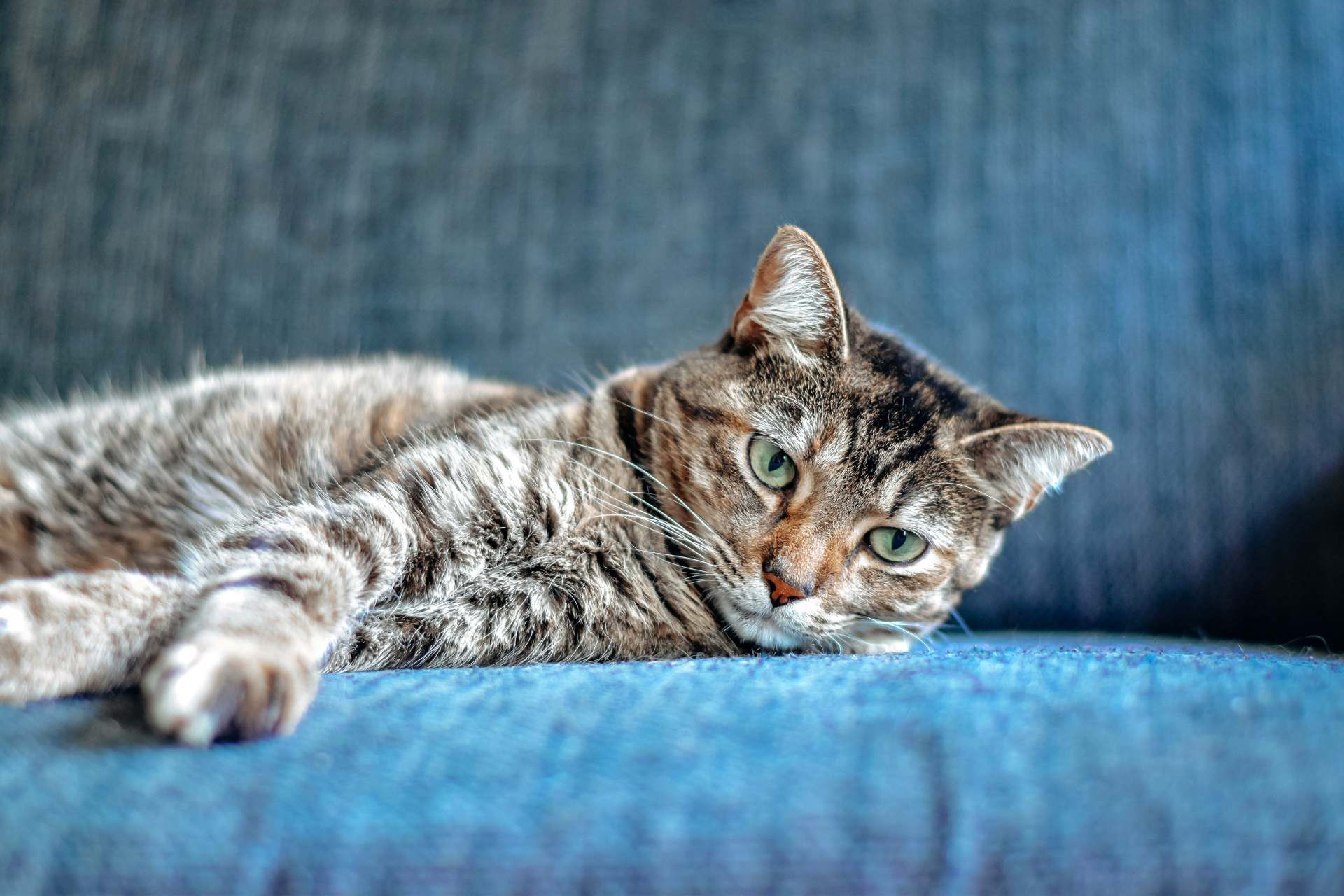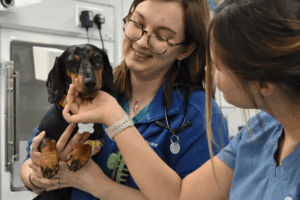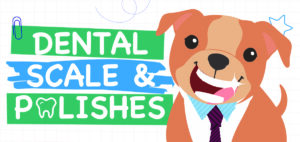As pet owners, we all want our furry companions to live happy, healthy lives. But unlike humans, pets can’t tell us when they’re feeling unwell, so it’s up to us to recognise the signs that something might be wrong. While some issues may be minor and resolve on their own, others require prompt veterinary attention.
Knowing when to visit the vet can make all the difference to your pet’s health and well-being. In this blog, we’ll break down eight common signs that may indicate your pet is unwell and when you should consider visiting your vet.
Key signs your pet may be unwell
1. Changes in appetite or thirst
A sudden loss of appetite or refusal to eat can be a red flag, especially if your pet is usually keen on their food. Likewise, an increase in thirst may indicate underlying issues such as diabetes, kidney disease, or infections.
If your pet hasn’t eaten for more than 24 hours (12 hours for small animals like rabbits), it’s best to seek veterinary advice.
2. Vomiting or diarrhoea
Occasional vomiting or a mild bout of diarrhoea may not always be a cause for concern, but frequent episodes, blood in the stool or vomit, or signs of dehydration require urgent attention. These symptoms could be linked to infections, poisoning, or underlying digestive conditions.
3. Lethargy or unusual behaviour
If your normally playful pet seems sluggish, uninterested in their usual activities, or is hiding away more than usual, it could indicate pain, infection, or an underlying illness. Sudden aggression or restlessness can also be signs that something isn’t right.
4. Breathing difficulties
Laboured breathing, excessive panting, wheezing, or persistent coughing should never be ignored. Respiratory issues can be linked to infections, heart disease, allergies, or even obstructions in the airway. If your pet is struggling to breathe, seek immediate veterinary help.
5. Changes in urination
Struggling to urinate, blood in the urine, or an increase in accidents around the house can all indicate conditions like urinary tract infections, bladder stones, or kidney disease. Difficulty urinating is particularly serious in male cats and requires emergency treatment.
6. Skin OR coat problems
Itchy skin, bald patches, excessive licking, or redness could signal allergies, infections, or parasites like fleas and mites. Lumps or bumps that suddenly appear or grow in size should also be checked by a vet, as they could indicate anything from benign cysts to more serious conditions.
7. Eye or ear issues
Red, watery, or swollen eyes, excessive blinking, or discharge may indicate an eye infection or injury. Similarly, head shaking, ear scratching, or a foul smell from the ears could mean an ear infection, which can be painful if left untreated.
8. Limping or mobility issues
If your pet is reluctant to move, limping, or having difficulty jumping or climbing stairs, they may have an injury, arthritis, or joint problems. Early intervention can help manage pain and prevent further complications.
When to seek immediate veterinary care
Some symptoms require urgent attention. Contact your vet immediately if your pet experiences:
- Seizures or collapse
- Difficulty breathing
- Continuous vomiting or diarrhoea, especially in young or small pets
- Bloated abdomen, particularly in deep-chested dog breeds
- Severe pain (crying out, unable to settle, avoiding touch)
- Suspected poisoning (ingesting chocolate, grapes, medications, or household toxins)
Trust St Kitts vets for expert care
St Kitts understand how worrying it can be when your pet is unwell. Our experienced team is here to help, whether it’s a routine check-up or an emergency. If you’re ever unsure whether your pet needs to be seen, contact your local St Kitts practice:
St Kitts Vets Hartley Wintney: 01252 844044
St Kitts Vets Basingstoke: 01256 844944
Crookham Park Veterinary Centre: 01252 913990
Firgrove Veterinary Centre: 01252 877799





